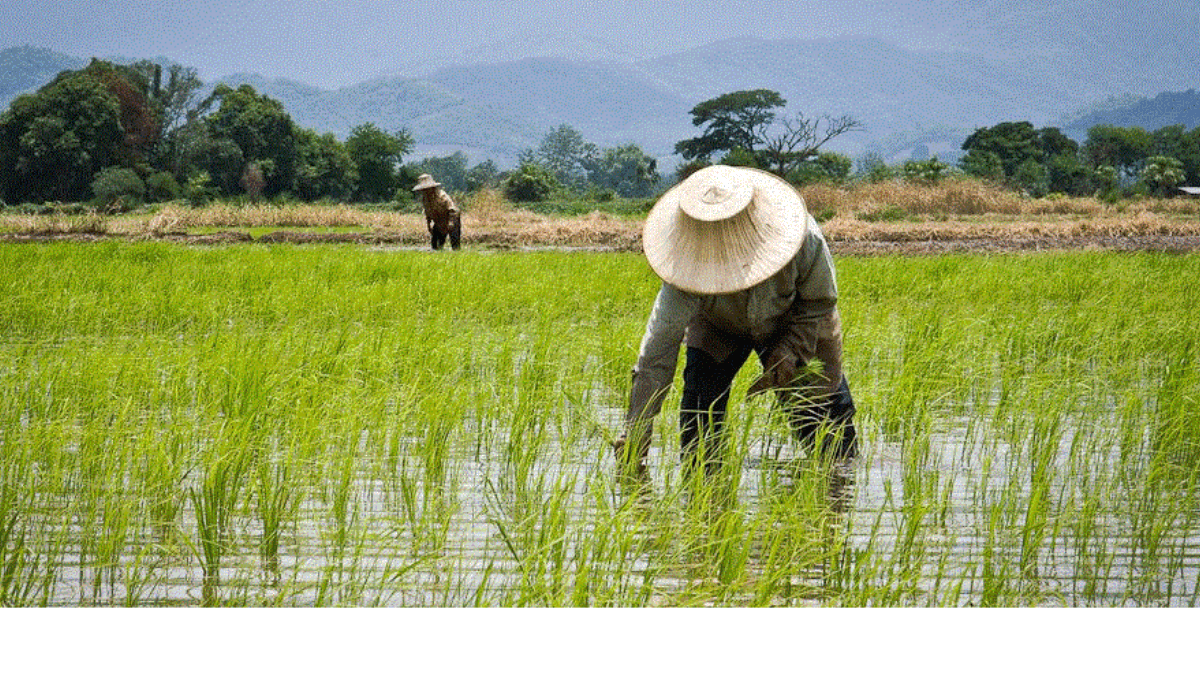News in brief:
– A groundbreaking $282 million initiative will help farmers globally adopt sustainable and resilient agrifood practices.
– The programme targets methane reduction, deforestation prevention, and alternative protein sources across 32 countries.
The Food and Agriculture Organization (FAO) and the International Fund for Agricultural Development (IFAD) have launched the Food Systems Integrated Program (FSIP), a bold initiative to transform agrifood systems worldwide.
Announced at the 16th UN Convention to Combat Desertification (UNCCD COP16) in Riyadh, the programme aims to create sustainable, inclusive, and pollution-free food systems. With $282 million in financing from the Global Environment Facility (GEF) and $1.8 billion in co-financing, the FSIP seeks to tackle climate challenges, protect biodiversity, and improve livelihoods globally.
Focus on four key sectors
The programme targets four sectors: crops, commodities, livestock, and aquaculture, across 32 countries including Nigeria, Ghana, India, and Argentina. It prioritises reducing methane emissions in livestock and rice farming, combating deforestation in palm oil and livestock production, and promoting sustainable aquaculture as a protein alternative.
Farmers and communities will benefit from sustainable practices such as integrated landscape management (to optimise land use for crops like wheat and maize) and eco-friendly methods in commodity farming. The program also emphasises policies, investment plans, and innovations for long-term environmental and economic gains.
Addressing climate financing gaps
Despite the growing importance of agrifood systems, they received only 5% of global climate finance (2019/2020). The FSIP builds on past GEF initiatives like the Good Growth Partnership to boost funding for agrifood systems while supporting global commitments like the Paris Agreement.
The FSIP will establish global coordination hubs for policy, governance, private investment, and knowledge sharing. These hubs will foster collaboration across sectors, from smallholder farmers to private enterprises, ensuring integrated solutions for sustainable agrifood systems.



